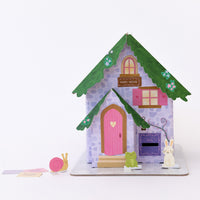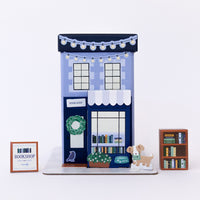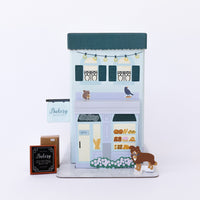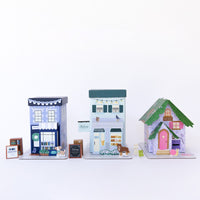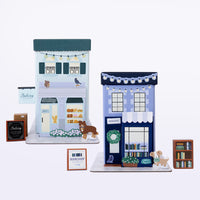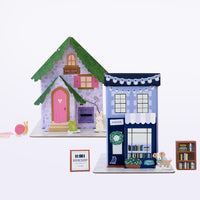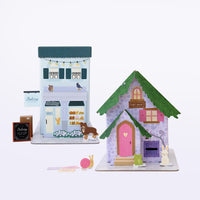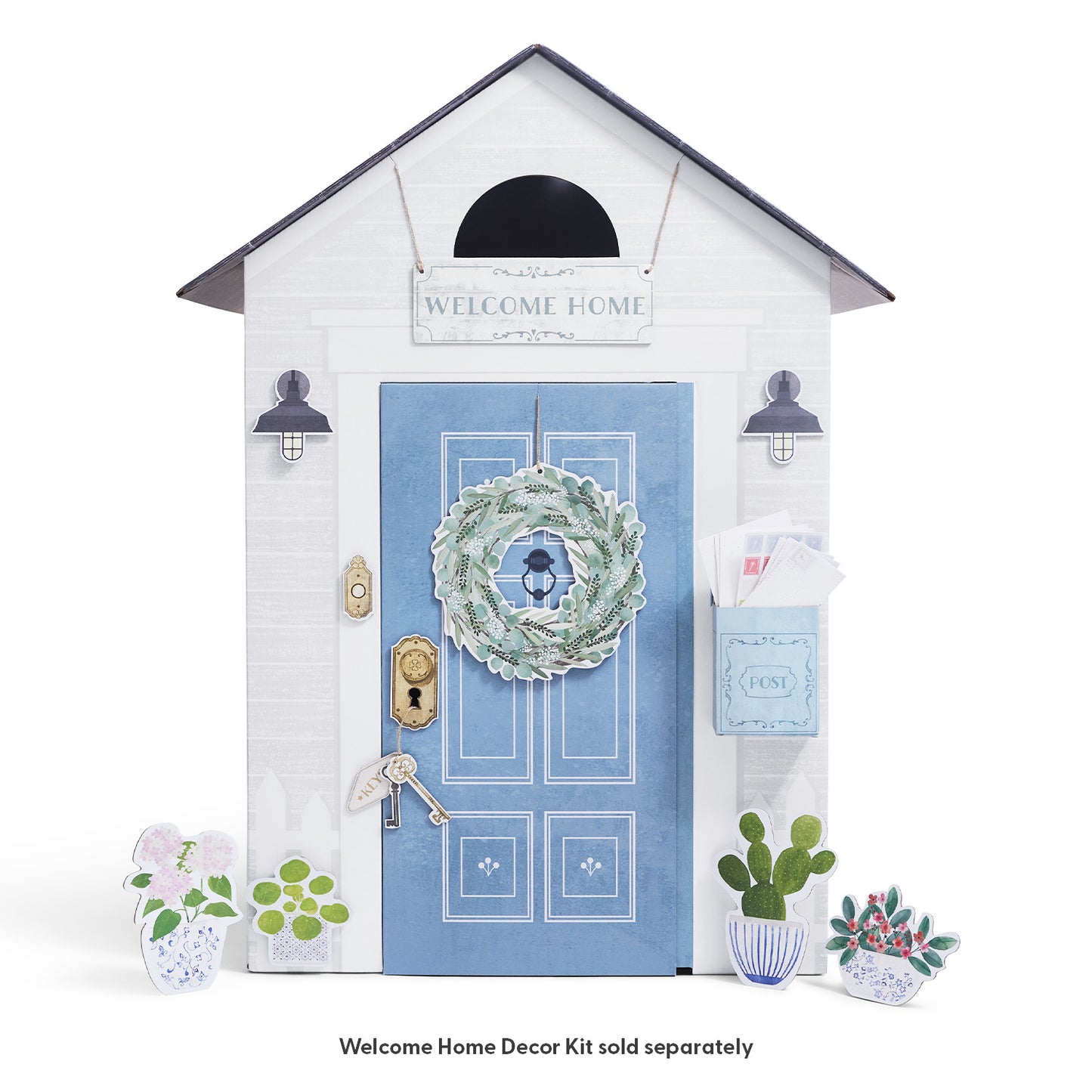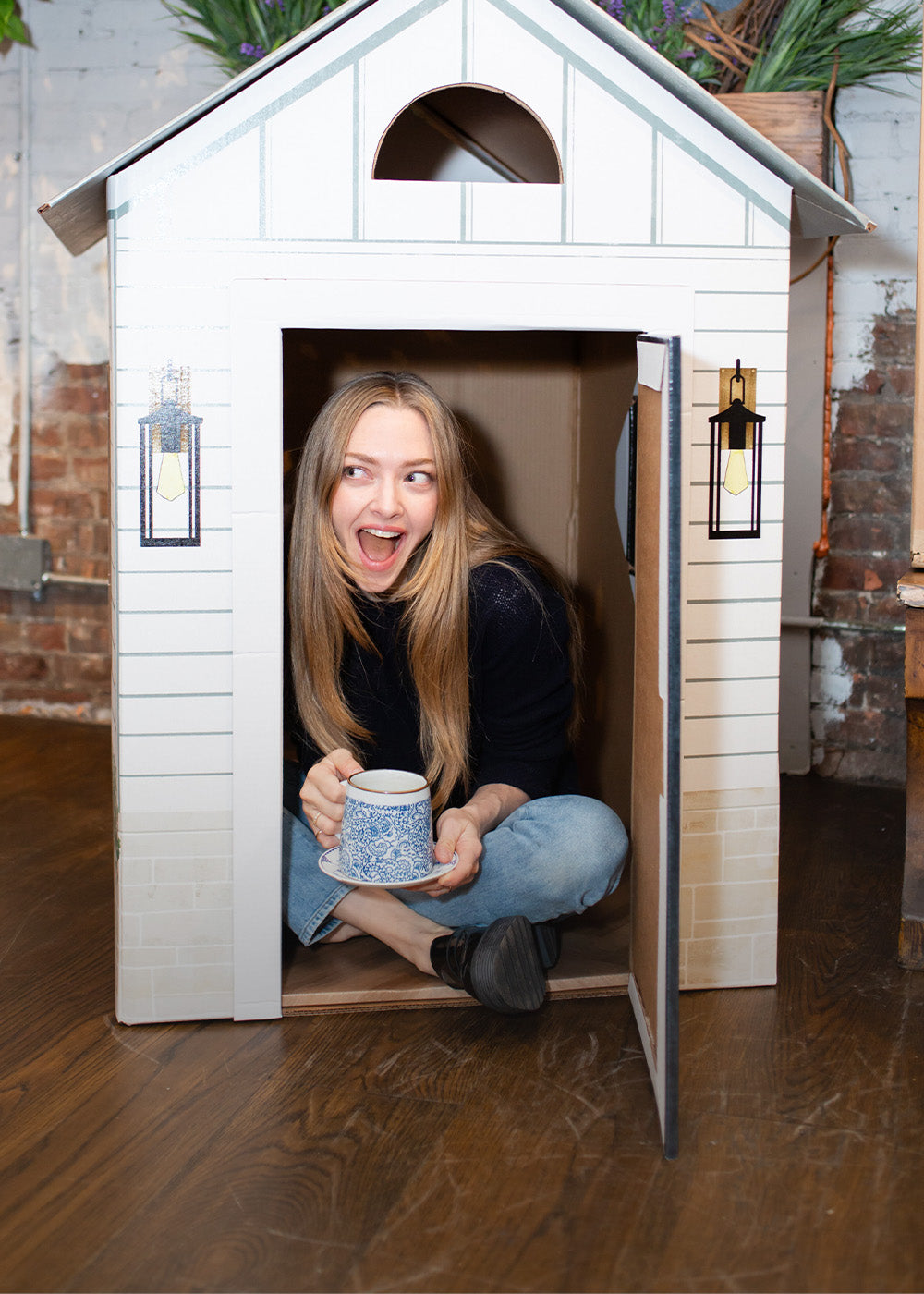
Creating engaging and effective learning environments is paramount in the ever-evolving landscape of education. The indoor playhouse is one often overlooked yet highly beneficial addition to classrooms and shared school spaces. These versatile structures provide more than just a whimsical retreat; they are powerful tools for enhancing child development and educational outcomes. Join us while we explore the myriad benefits of incorporating indoor playhouses into school settings and how they can transform both learning and play for students.
Enhancing Social Skills Through Play
Playhouses offer a unique environment for children to practice and develop social skills. Children naturally collaborate, share, and negotiate with peers when they engage in role-playing scenarios within a playhouse. This interactive play setting encourages teamwork, conflict resolution, empathy, and communication. As children work together to create stories or solve problems within the indoor playhouse, they learn essential skills in teamwork and collaboration. As a natural part of play, children practice navigating disagreements and finding mutually acceptable solutions, which provide valuable lessons in conflict resolution. Dramatic play, including role-playing where kids take on different roles, allows children to understand and express a range of emotions, fostering empathy and improving their communication abilities.
Boosting Cognitive and Problem-Solving Skills
The structured yet imaginative environment of an indoor playhouse stimulates cognitive development. Three key benefits include critical thinking, creativity, innovation, and spatial awareness. Children can hone their critical thinking skills when they encounter various scenarios that require them to think on a deeper level and make decisions that enhance their problem-solving abilities. They can build their creativity and innovation skills by exploring new ideas and experimenting with different solutions, which happens through the open-ended nature of playhouse activities. Students can develop their understanding of spatial awareness concepts through playhouse activities by manipulating objects within the confined space of the playhouse. This understanding helps children develop spatial relationships and enhance their problem-solving skills.
Fostering Motor Skill Development
Playhouses contribute significantly to both fine and gross motor development since children have opportunities to engage in activities such as handling small play props or manipulating playhouse accessories. These activities refine children's dexterity and hand-eye coordination, which are both important fine motor skills. Gross motor skills are strengthened when kids practice climbing, crawling, and moving within the playhouse space. This supports the development of large muscle groups, promoting overall health and coordination.
Supporting Emotional and Psychological Well-Being
Indoor playhouses provide a safe and nurturing space where children can explore and manage their emotions. They can practice emotional expression and relieve stress through imaginative play in a playful environment. Creative play helps children process and articulate their feelings, leading to better emotional regulation. The playful environment is a stress reliever, allowing children to unwind and reduce anxiety through creative expression. This outlet in schools is hugely important for children as schools can sometimes cause stress because of high expectations and a crowded learning environment.
Encouraging Independent Learning and Confidence
The autonomy offered by indoor playhouses promotes self-directed learning and boosts self-esteem for children. Inside a playhouse is a great space for children to practice independence by taking initiative, making choices, and exploring at their own pace, which fosters a sense of self-reliance. Successfully navigating the challenges of playhouse activities builds confidence and a positive self-image for children, making them feel successful and accomplished.
Integrating Playhouses into Educational Curriculum
Incorporating indoor playhouses into the curriculum can enhance various educational objectives, such as literacy, numeracy, and thematic learning. Make It Cute playhouses can improve literacy and numeracy activities, such as letter and number recognition games, word-family activities, addition and subtraction concepts, understanding more or less, and much more. Fostering early academic skills in a fun context is an excellent way to solidify foundational skills. For early childhood classrooms, our playhouses can be themed to align with thematic units such as under the sea, camping, farms, weather, transportation, community helpers, fairy tales, and many more. Teachers can also use indoor playhouses to enhance lessons on historical periods, science concepts, holidays, and more, which make learning more engaging and relevant for students!
Practical Considerations for Schools
When considering playhouses for your school, keep in mind:
- Space and Safety: You need playhouses that have been ASTM F963 safety tested, are the "just right" size for kids, and fold easily for storage.
- Durability and Maintenance: Choose high-quality, durable materials that are easy to clean and maintain.
- Inclusivity: Select playhouses that accommodate as many children of all abilities as possible, ensuring an inclusive environment for students.
Beyond Play
Incorporating indoor playhouses into school settings offers many benefits beyond mere play. Playhouses are valuable educational tools that can enhance social skills, cognitive development, motor abilities, emotional well-being, and academic learning. For teachers and school leaders seeking to create dynamic and supportive learning environments, Make It Cute playhouses represent a worthy investment in students' holistic development.
Connect with Us
Check out @MakeItCuteKids on Instagram for more ideas on transforming your classroom or indoor recess area into a vibrant, interactive learning space with a Make It Cute playhouse. Upgrade your school space and watch your students thrive academically and socially.
